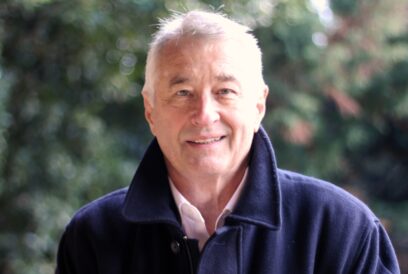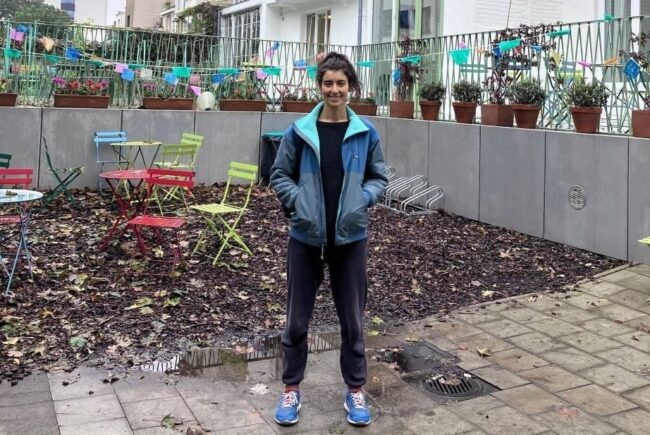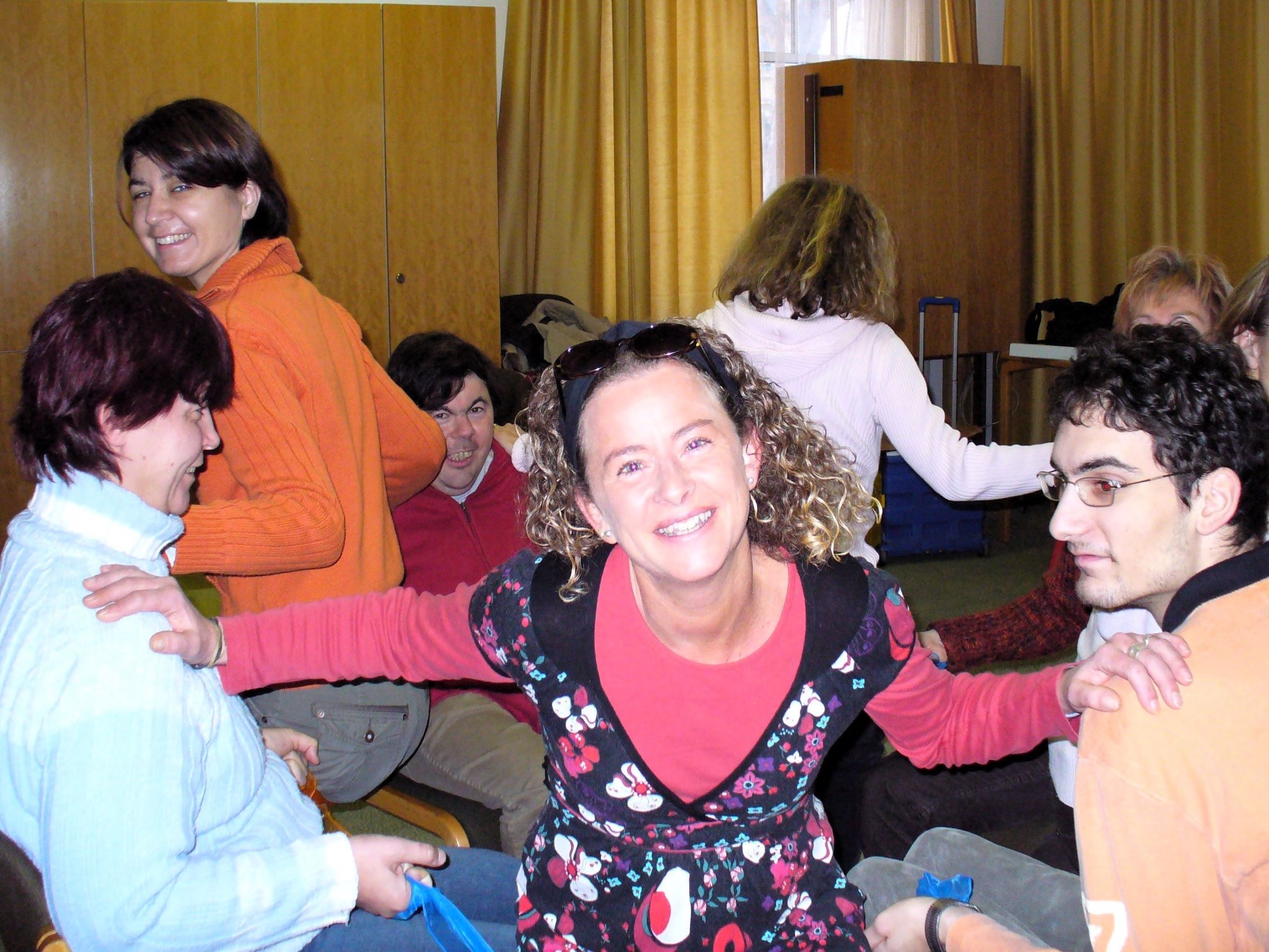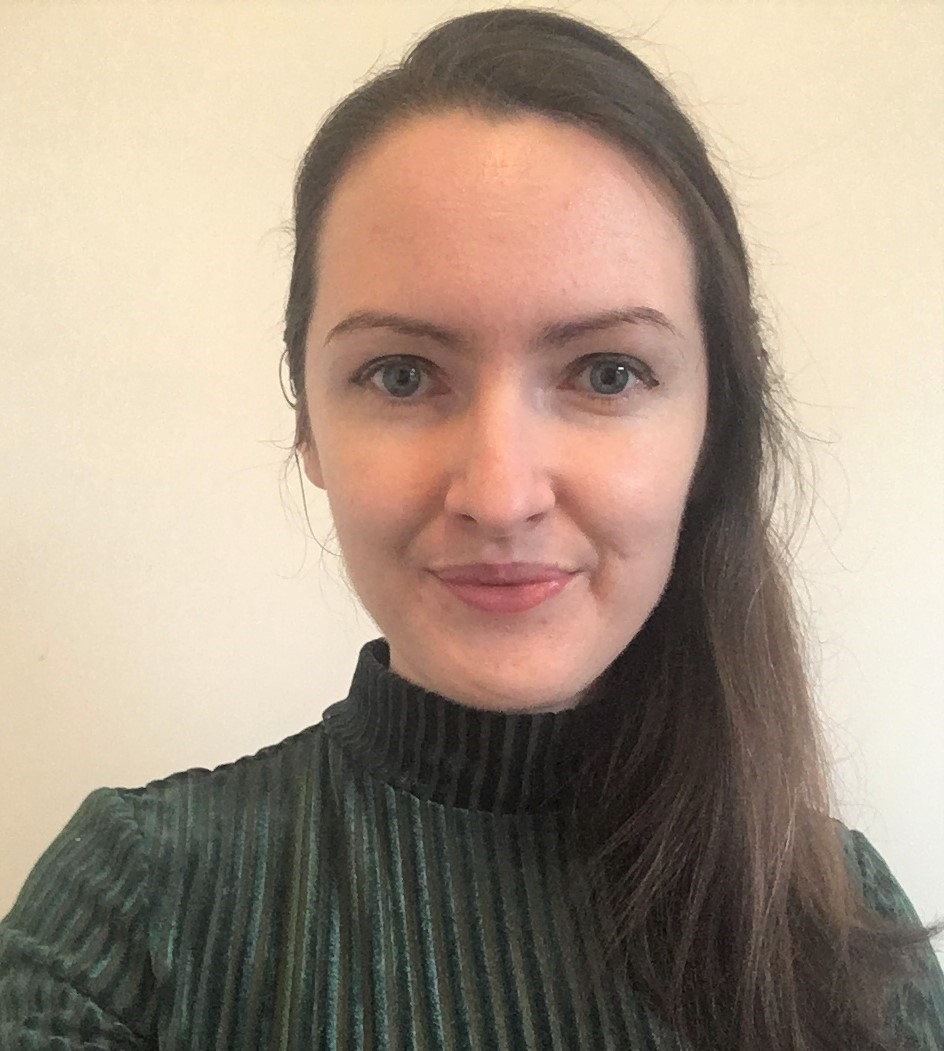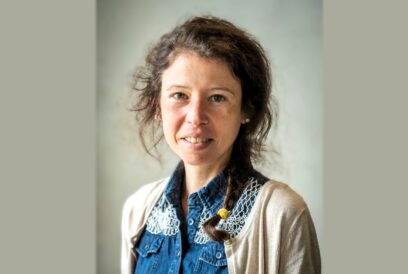Who has the power to create public spaces? Educators and architects reveal how empty, abandoned spaces can be filled with life and what popular education has to do with it.
We all know that adult learning isn’t limited to the classroom: from yoga classes in parks to creative workshops in museums, opening up to different spaces can help us connect with new learners. That said, are public spaces really inclusive, and who has a say in how they’re created?
While recording new episodes of the EAEA podcast Beyond Learning, we visit Brussels, Linz and Belgrade, where we explore how adult learning can foster a sense of belonging in public spaces. We also talk about the power of participatory architecture, and what it means to fall in love with a space.
Upside down
Brussels, Belgium: Architect Maria Glionna
“This is our mess,” says Maria Glionna as she opens the door to her atelier.
I couldn’t have hoped for a better invitation.
Glionna’s residence is at a local community centre, a short walk from my office in Brussels. In her atelier, she shows me the results of a workshop held here last Saturday: little houses made of clay, complemented by jars full of sparkling sand. Glionna explains that the objective was to help kids understand three-dimensional logic but adds that the activity can be upscaled to other purposes, such as building actual houses.
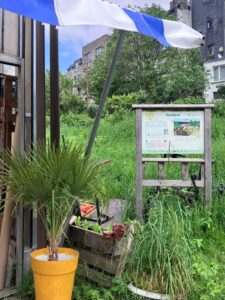
Parckfarm in Brussels is a public space which was re-appropriated by local residents. Photo: Aleksandra Kozyra.
Her background in architecture is quite traditional (“working crazy hours, for peanuts,” she recalls). After experiencing burnout, she started to question not only her working conditions, but also the bigger picture of where her practice fit, which she found alienating.
“When you’re an architect, you just do things up to a certain point, and then you hand over to the construction company. It’s impossible to actually be in contact with the people who will live in those places, which fragments the way buildings and our cities are understood.”
This is why Glionna’s practice today focuses on “putting everything upside down”: starting with the community and doing the construction and design process together with them.
One example is Parckfarm, a public space which was re-appropriated by local residents. “They told us that they would need a new shelving system and a new bar, and something for the kids in the garden. As a group of researchers and students, we developed different projects with them and brought our research into action.”
During a one-month festival, new structures were built using upcycled wood and earth-based material. Today, the space is thriving: anyone can come by for lunch, try their hand at gardening or join labs on addressing the climate crisis. For Glionna, this illustrates how participatory architecture can create ownership of the space and build social links.
“We’re trying to create inclusive spaces for construction and design where we are not looking at things from a pedestal, but working from a place within the community,” she says, adding that part of the process means giving up control.
“It’s the idea of accepting that whatever we do, we do it together.”
Reinventing life
Linz, Austria: Educator Rubia Salgado
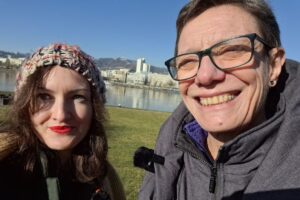
Rubia Salgado (right) couldn’t first find a space for popular education, so she started with communal cooking and teaching German in the streets. The interview with Salgado was conducted during the walk along the Danube. Photo: Aleksandra Kozyra.
For Rubia Salgado, control is what rules public spaces in Linz.
“With the extreme right in power, all these places are observed the whole time,” she tells me as we walk along the Danube.
Originally from Brazil, Salgado was active in a student movement there in the mid-1980s. When she moved to Linz, she couldn’t find a space for popular education where she would belong. The solution was obvious: she had to create one.
Starting from communal cooking and teaching German in the streets, she eventually co-founded maiz, a collective of migrant women. While maiz and its sister organisation das kollektiv now have their own spaces, with classrooms and meeting rooms, public spaces remain essential. Das kollektiv uses them for cycling classes or to make music.
Some public activities are more transgressive than others. Salgado tells me that it’s no longer legal to barbecue in public spaces; picnics or birthday parties also generate complaints. At the same time, for migrants and other excluded groups, public spaces are often the only spaces of communal life.
“They can’t afford apartments with gardens or balconies,” she points out.
For migrants, public spaces are often the only spaces of communal life.
For Salgado, reactions to migrants’ participation in public spaces reflect the overall resistance to migration.
“Europe has changed, and people are reacting to this change. We have to find a way to deal with it, and to reinvent life.”
This is a big task – but again, there are solutions at hand. As we walk back to the school, Rubia points to the square on the other side of the street.
“Look at it – it’s so sad and empty!” she says. “No green, just stones. So we come here and organise manifestations, or open German classes. We bring in balloons. We fill it with life!”
Driving change
Belgrade, Serbia: Architects Iva Čukić and Jovana Timotijević
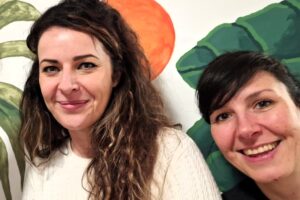
“You need to see what is happening on the margins of the discussions: how we understand different terms, what values we share,” says Iva Čukić (left). Photo: Aleksandra Kozyra.
As soon as I enter the office of the Ministry of Space, I notice the paintings of plants and flowers on the wall.
“We had someone comment that this is not subversive enough. But in Belgrade, green is subversive!” laughs Iva Čukić.
I meet with Čukić and her colleague Jovana Timotijević to talk about how the collective works with communities to reclaim public spaces. Čukić and Timotijević, who are both architects, tell me about the first initiative that the Ministry of Space co-organised in 2011: the Expedition Inex Film, which aimed to turn an abandoned building into a cultural space.
“At the beginning, we were just playing around. We would clean the building and then maybe cook something together, have an exhibition and so on,” recalls Čukić.
Six months passed. As winter was about to start, something clicked.
“We fell in love!” says Čukić. “Not only with the building, but also with the energy of the commoning practices happening there.”
The love affair ended after four years, but it led to other relationships: new cultural spaces and open street galleries were created. It was also a learning experience about horizontal decision-making, which underpins collective practices.
“You need to see what is happening on the margins of the discussions: how we understand different principles and terms, what values we share,” says Čukić.
Our focus remains on working with communities. A critical mass can drive change.
Creating such processes takes time (“ten times it won’t work, the eleventh time it will,” I hear). The wealth and breadth of their experiences speaks for itself: the Ministry of Space has expanded its practice of deliberative democracy to citizen assemblies, which bring together citizens and experts around a topic of public concern.
With an authoritarian government at the helm, where do policymakers fit in the picture? Čukić and Timotijević admit that trying to get them involved has only brought frustration, so their focus remains on working with communities. A critical mass can drive change.
“These citizen groups are self-organised. They share their trouble,” says Timotijević. And while the political climate has damaged the sense of community, collective practices show that it can be rebuilt.
“Organically, through experience, we learn again the values of community,” she says.
Extended conversations with Glionna, Salgado, Čukić and Timotijević feature in EAEA’s podcast Beyond Learning, which explores stories of learning, and stories of change.
Maria Glionna is an architect, designer and yoga teacher based in Brussels, active in grassroots organisations Pied à Terre and Yoga communautaire. She believes in creating value from harvesting and connecting resources, from the human to the materials scale, within pre-existing networks.
Rubia Salgado is an adult educator, author and activist, co-founder of maiz and das kollektiv in Linz. She’s active in the area of critical pedagogy, counselling and cultural work by and with migrants.
Iva Čukić researches urban commons and urban transformation. She leads the Belgrade-based collective Ministry of Space, which aims to contribute to the democratic and just development of cities. She is a member of the Advisory board of the Faculty of Applied Arts in Vienna and the board of the Guerrilla Foundation in Germany.
Jovana Timotijević is a researcher and activist with a background in architecture, gender studies and political theory. She acts as a program coordinator in the Ministry of Space collective, involved in research, education and advocacy work in areas of affordable housing, land privatisation and deliberative tools in urban planning.
